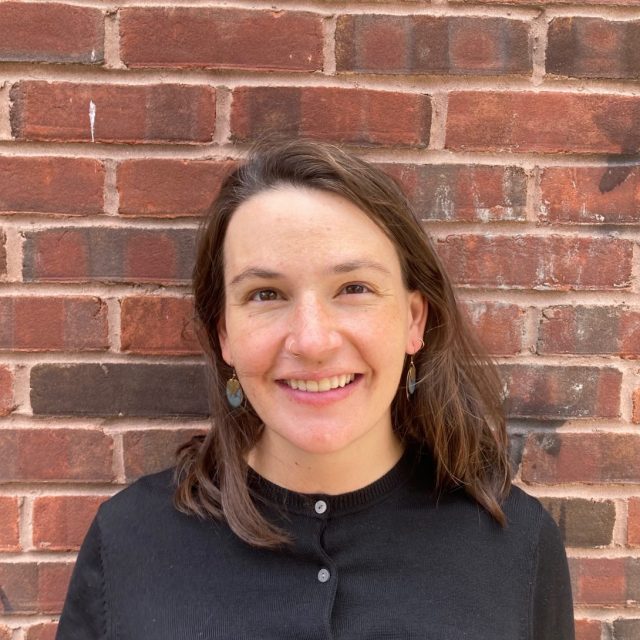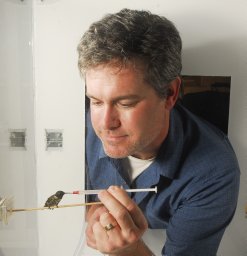Teaching Facilities
All institutions of higher education are welcome to use Koffler Scientific Reserve at Jokers Hill for diverse, off-campus instructional activities.
Course field trips can take advantage of our lecture rooms and teaching lab space. Sleeping and dining facilities can serve residential field courses for up to 20 students.
Contact the KSR Director for information on availability, logistics and fees.

Teaching at KSR

Dr. Megan Bontrager, The University of Toronto, Department of Ecology and Evolutionary BiologyTeaching an undergraduate field biology course at KSR is wonderful. It’s a supportive setting for students to have their first experience with field research. At the same time, the station is home to really cool biodiversity, which is so inspiring for students in the course and allows them to develop fantastic independent research projects.

Dr. Joseph Desloges, The University of Toronto, Department of Geography and PlanningGGR 390 students (Physical Geography Field Camp) are incredibly appreciative of the opportunity to conduct field studies at KSR. The rich array of research (group) projects, KSR landscape diversity and outstanding staff support all make for a rewarding experiential learning opportunity. Students and instructors appreciate the opportunity to connect for a concentrated week of intense academic work combined with social activities.

Dr. Kenneth Welch, The University of Toronto, Department of BiologyKSR has been an ideal playground in which to refine and develop our research, and expose our students and trainees to the wonderful, wild world just outside their homes. KSR has been an optimal place to develop and test our field research on ruby-throated hummingbirds. Within the safe and secluded research grounds, I and multiple graduate students, postdocs, and undergraduate researchers have been able to develop novel tracking technologies for use on these tiniest of birds.
Graduate/Undergraduate Research at KSR

Eric Etzler, PhD Candidate at the University of Toronto, Mississauga CampusIt was really easy working at KSR. I completed part of my Master’s thesis there collecting insects and never had issues getting access to areas to fields or lab space to do dissections.

Dr. Lucas Albano, PhD from the University of Toronto, Mississauga CampusKSR is a beautiful property with all the resources needed to conduct high-quality field experiments in numerous types of study systems. Overall, my experiences doing field research and on departmental retreats at KSR have all been excellent.

Jérôme Burkiewicz, PhD Candidate at the Département de Sciences Biologiques, Université de MontréalKSR represents a rare pristine site dedicated to science. I came to KSR in 2021 and 2022 to picture Impatiens capensis flowers and collect leaves and seeds in order to assess the effect of urbanization on flower shape and size. I had a wonderful experience when sampling there: the application process was quick and easy, communication with the KSR manager or director was great and my sampling ran smoothly both years I was there.
Learn in the field
KSR hosts undergraduate and graduate field courses for budding researchers to gain invaluable skills outside of the classroom.
(EEB405 – University of Toronto)
Physical Geography
(GGR390 – University of Toronto)
Sustainable Forestry
(FOR300- University of Toronto)
(GESC451 – Wilfrid Laurier University)
(EEB380 – University of Toronto)
(FOR301 – University of Toronto)
(AER406 – University of Toronto)
(GGR205 – University of Toronto)
(FOR1412– University of Toronto)
(FOR3002– University of Toronto)
